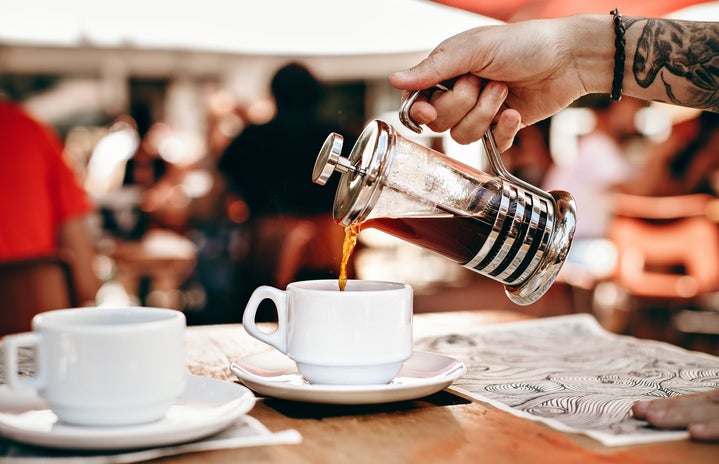What is “Specialty Coffee”?
Specialty coffee is a complex industry that is made up of farmers, roasters, and coffee shops who are working hard to source the best ingredients, equipment, and training. All of these factors coming together lead to the perfect cup of coffee. Believe it or not, it is actually possible to scientifically control many of the variables of the coffee that’s being brewed. This isn’t done by big chains focused on getting out as much product as they can to as many people as they can- no matter the cost. Finding quality coffee in your area can ensure that your dollar is going to hard-working small business owners and employees who care about quality, consistency, and sustainability. The specialty coffee industry cares about the product that ends up in your cup and manages the entire process to make sure that happens. Whether you’re buying good coffee to brew at home or finding the best local coffee shops in your area, you will be supporting a growing industry of people who are committed to providing you with the best service and product.
Here’s a little more about the process…
Specialty coffee roasters are going to be a bit more expensive at the grocery store or your favorite local coffee shop. It may seem like an unnecessary splurge, but there’s a good reason for it. Specialty coffee will be fair trade because the roasters care about their relationships with their farmers. You’re also going to know exactly what is in the coffee and you can expect from the coffee drinking experience. Specific information about any coffee can likely be found on the roaster’s website!
Side note for new specialty coffee drinkers- a dark roast coffee is not necessarily better and most specialty coffee is light roast because it usually has the most flavor!
Most specialty coffee beans will have a label that has the roast date and what is in that exact blend of coffee. The region and specific conditions a coffee is grown in affects the flavor and how it will brew later on. Roasters will include what regions the beans are from and what percentage of the bag is that specific coffee. A blend will come from several different farms and a single-origin will come from a specific farm or area. Some coffee roasters will be able to provide the same bag of coffee beans year-round by slightly adjusting the blend they use. Other coffees may only be available for a portion of the year. This is because they’re working with the growing season of their farmers. These different coffees will also come with a few tasting notes so that you can tell if the coffee is nutty, chocolatey, or fruity. This does not mean that the coffee is flavored, but that these are the underlying notes picked up during tasting.
From the outside, it may seem as simple as grinding the coffee and then brewing the coffee, but the more a barista can eliminate extraneous variables the better the cup of coffee. This is done through specific brew ratios and recipes. This will vary slightly per shop and different recipes can be found online if you ever want to give it a shot! Brewing elements include water temperature, water quality, turbulence, time, grind, and coffee:water ratio. All of these come together to affect how water extracts coffee from the beans to produce a delicious and well-balanced cup of coffee or shot of espresso. An under-extracted coffee is going to taste sour or empty and an over-extracted coffee is going to be dry and bitter. A good cup of coffee will be sweet, clear, and pleasant!
How can I support the industry?
This barely scratches the surface of what can go into one cup of really good coffee! So, tip your baristas well and support your favorite local coffee shops. You can even start buying delicious coffee beans right from them to brew at home, especially since you’re likely working remotely right now. If you want to see the industry thrive now and after this pandemic, try showing it a little extra love! Remember that small cafes are carrying big burdens through this pandemic and are still trying to bring you the best products and services possible.



